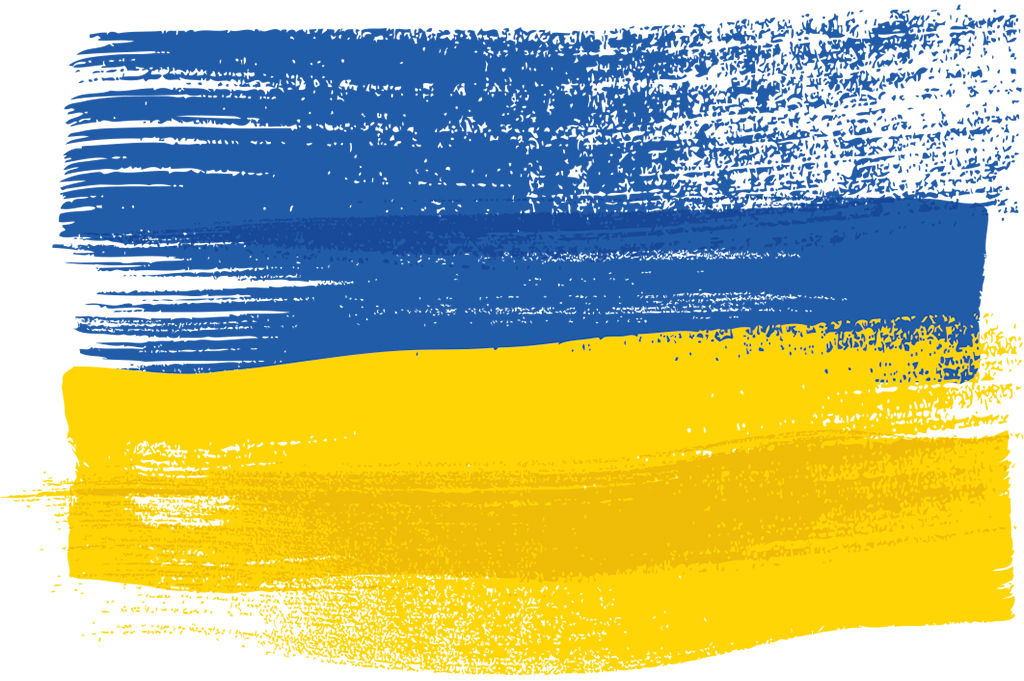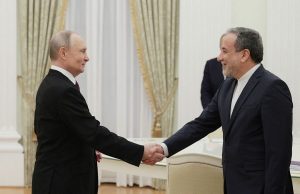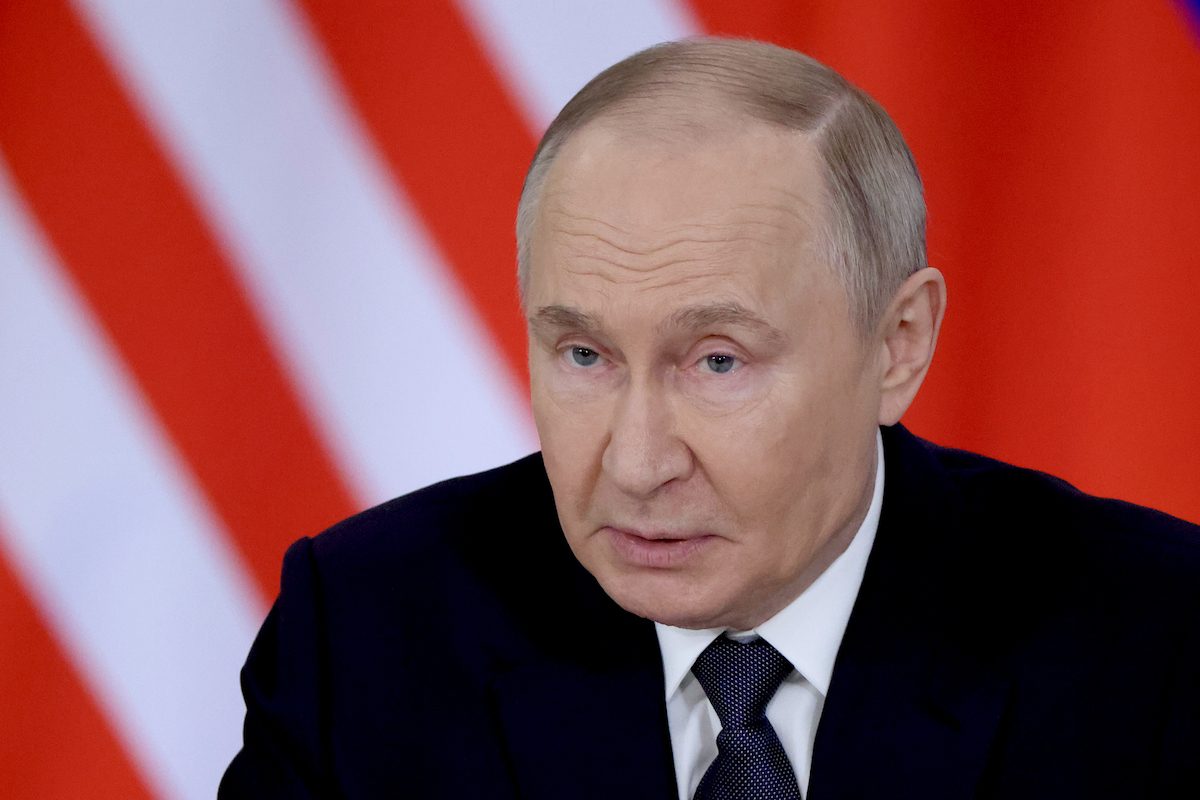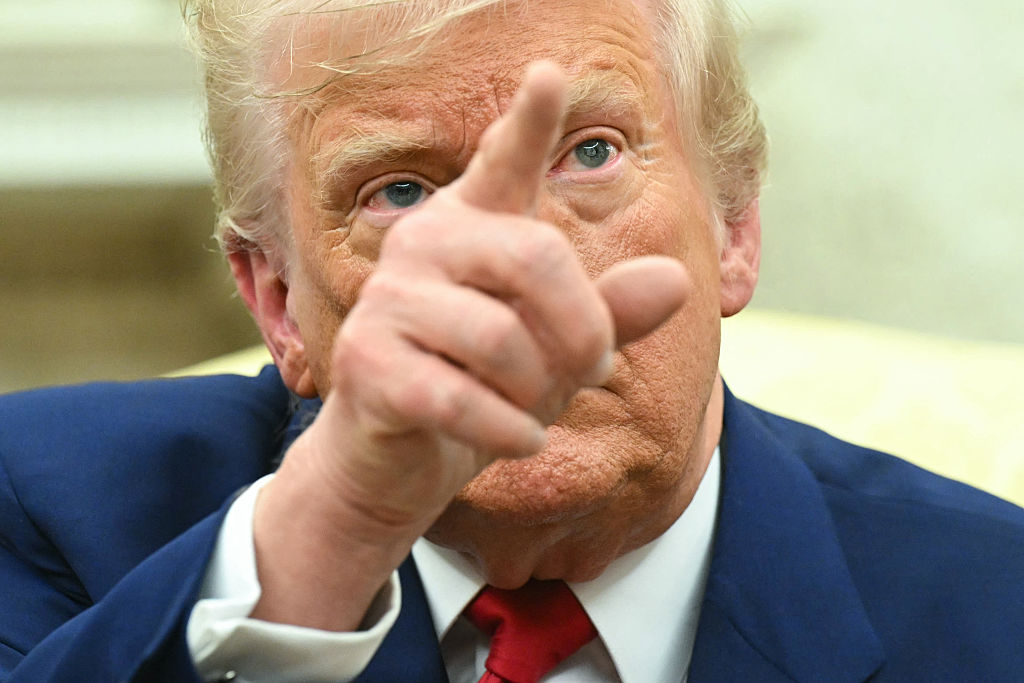Lviv, Ukraine
Deep in a forested park, hundreds of people — men, women, children — in traditional embroidered clothes danced, clapped, and sang in a wild circle around fiddle-playing musicians. It was war, but it was also Easter, celebrated then according to the old calendar by the Greek Catholics of Lviv.
In that forest grove on a chilly afternoon, I stood next to Linda Netsch, a professor at Harvard Law, who had just arrived by train to give wartime guest lectures at Lviv’s Ukrainian Catholic University.
“Now I know why Russia cannot defeat Ukraine,” she told me as she pointed at the crowd of people dancing on the chilly grey afternoon while a friend poured me a whiskey. “It’s this. This is real power.”
Some might wonder: how could people dance and sing in wartime? But for those here in Ukraine, how could you not? The next day, as part of the days-long Easter celebration, I had a holiday dinner at the home of friends. One of the guests was a wounded soldier on leave, preparing to return to the front. As he and so many others have said here, when you have a chance to celebrate, you must.
“The Ukrainians never lost what it meant to be human when modernity and capitalism took over,” a friend, an American, said to me over the phone recently. She had been living in Ukraine before Russia’s full-scale invasion, and she’d called me out of frustration. How come, after 400 days of war, so many do not understand that Ukraine is a strong, vibrant democracy?
Some might wonder: how could people dance and sing in wartime? But for those here in Ukraine, how could you not?
On the popular Shawn Ryan Show, former CIA agent Andrew Bustamante, now a “human excellence” guru, said “Ukraine is a bit player in geopolitics for the first world… They’re not a first world country. They don’t deserve first world recognition… They were never a democracy. They were a transitioning government.”
Perhaps if he traveled here like that brave Harvard professor he would change his mind entirely.
I’ve studied democratic and political theory under some global legends, including the great Argentine rebel Guillermo O’Donnell, the moral philosopher Alasdair MacIntyre, and the Czech friends of Velvet Revolution leader Vaclav Havel. And after two years in pandemic Ukraine and one year of war, I’d have to say Ukraine is the definition of a democracy. Not only are they willing to die for it, but here democracy finds its meaning: the people rule not in theory but in practice, because they communicate, collaborate, and celebrate with each other.
“Our government was not so important during the beginning of the war,” my friend Yevhen Filyak, an engineer and wartime volunteer told me during a volunteers retreat in the Carpathian Mountains. “Ninety-nine percent of the work was done by simple people.”
Those “simple people” are able to cooperate because they have rituals, traditions, and spaces that keep them connected with each other, just like the people singing, dancing, and drinking in the forest on Ukrainian Easter. At that gathering, I talked with many people about how we can all better cooperate for victory.
This collaborative spirit creates a comfortable society. Ukrainians on paper might not look so prosperous, but I do not see poverty here like I’ve seen in Baltimore or San Francisco. Homelessness is rare. Everyone has relatives in the country who know how to grow food. People know how to build and fix things. The cities are clean — and safe. In Kharkiv, Ukraine’s second city, just thirty miles from Russia, I have often walked on the totally dark streets — without light, for protection from airstrikes — with nary a fear of being robbed or killed, except by a Russian rocket.
Russia is trying to erase, smother, and deny this free, happy society with bombs and propaganda, transforming once-lovely cities into hellscapes. Sadly, while the intensity of the current war is something new, the nature of it is old.
“In the Soviet times, they forced us to go to school on Easter Sunday,” an official of the Ukrainian Catholic University, wearing her embroidered vyshyvanka, told me during the hidden Easter gathering in the glen. “They wanted to destroy our culture, they didn’t want us to be at home on this day to learn the traditions.”
But even in war, even as everyone knows someone who has lost life or limb in trenches or in Russian strikes on civilians, even as evil looms, the Ukrainians keep singing, connecting, living. That, as the Harvard professor said, is their power.
Every weekday since Russia’s full-scale invasion, American Joe Lindsley gives a report from Ukraine on Chicago’s WGN Radio.

























